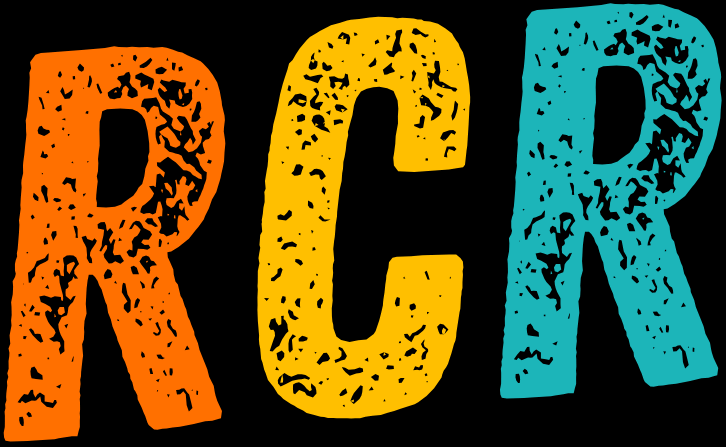
by Mike Butler
Twenty three council districts voted to remove Maori wards established without mandate since 2021 while 17 districts voted to keep them, according to early results published yesterday.
A total of 45 councils had imposed Maori wards after the Ardern government outlawed council votes on the issue in 2021.
One council, Kaipara, voted to disestablish its Maori ward when enabled to do so last year when the right to vote on the issue was restored.
Results for three councils were not available.
Some results were very close so may change.
For instance, the margin to retain the Maori ward in Ruapehu was 61 votes.
Widespread rejection of imposed racially-divided voting was expected but the level of rejection was less than expected.
By comparison, votes on the issue from 2011 to 2018 showed that up to 80 percent of those who voted were opposed.
It looks like the heavy repetition of demonstrably false assertions like Maori wards are “good for democracy”, or, that they “allow Maori a seat at the table”, often by public figures, not activists, have disguised the reality of this racially based voting set-up.
The other justification, that separate voting in local elections should necessarily mirror the Maori seats in Parliament, ignores the fact that separate Maori voting was introduced in 1867 as a short-term measure to enable equal voting for Maori men, and that measure was made redundant in 1893, when all men and women in New Zealand were given the right to vote.
Voter turnout of 31.61 percent in the current election, which was substantially lower than the 46 percent turnout in 2022, shows widespread apathy.
No-vote campaigner Hobson’s Pledge drew attention to campaigning by government entities to support a “keep our Maori ward” vote.
This included a direct link from the Electoral Commission’s website to a Local Government New Zealand page pushing Māori wards by asserting that they were “good for democracy”.
The Electoraal Commission is required by law to remain neutral on who or what to vote for or against.
Hastings District Council used ratepayer-funds promoting Māori wards, as did the Western Bay of Plenty District Council.
Councils are required by law to remain neutral on who or what to vote for or against.
Hobson’s Pledge had huge signs posted on commercial billboards saying “My mana doesn’t need a mandate” which featured the image of a Maori woman purchased from a stock image provider until the woman in the photo objected.
A bit of bullying and a few threats resulted in the billboard companies refusing to erect any more Hobson’s Pledge billboards.
Other campaigning on the issue was limited. In my region, there were a number of quite big “Keep our Maori ward” signs and I only saw a “No Maori ward” flyer that was delivered to our letterbox.
The four councils in our area, Hawke's Bay, tried to promote their Maori wards but voters decided that they should be removed .
Included among the council areas who voted to keep Maori wards are urban areas with greater concentrations of university educated people who may have been required to attend a treaty seminar and who may have been employed subject to agreeing to implement treaty orthodoxy.
That orthodoxy is based on the version of the Treaty of Waitangi as revised by a Waitangi Tribunal member in the 1980s that comes with 11 footnotes that redefine key words in the treaty.
That, plus the repetition of key phrases in the mass media, is how we are being indoctrinated.
Here are the provisional results:
Voted to keep
Far North District Council, Gisborne City Council, Greater Wellington Regional Council, Hamilton City Council, Hutt City Council, Kāpiti Coast District Council, Kawerau District Council, Masterton District Council, Nelson City Council, Palmerston North City Council, Porirua City Council. Ruapehu District Council, Rotorua Lakes District Council, South Wairarapa District Council, Wellington City Council, Whakatane District Council, Whanganui District Council.
Voted to remove
Central Hawke's Bay District Council, Hastings District Council, Hauraki District Council, Hawke's Bay Regional Council, Horizons Regional Council, Horowhenua District Council, Marlborough District Council, Manawatū District Council, Napier City Council, New Plymouth District Council, Northland Regional Council, Ōtorohanga District Council, Rangitikei District Council, South Taranaki District Council, Stratford District Council, Taranaki Regional Council, Tararua District Council, Tasman District Council, Taupō District Council, Thames-Coromandel District Council, Waikato District Council, Waipā District Council, Western Bay of Plenty District Council, Whangārei District Council.
